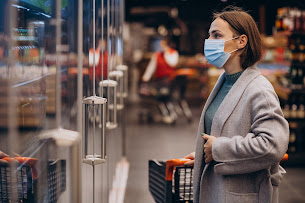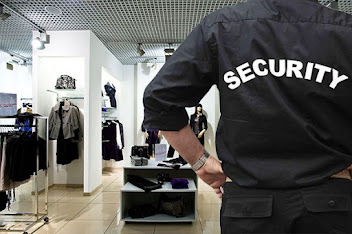Best Practices for Preventing Stores of Retail Security Services in Melbourne
In the vibrant retail landscape of Melbourne, ensuring the safety and security of stores is paramount. Protecting merchandise, staff, and customers requires a comprehensive approach that blends technology, training, and proactive measures. Here are some best practices for retail security services in Melbourne that can fortify store safety:
Comprehensive Risk Assessment:
Begin by conducting a thorough assessment of the store’s vulnerabilities. Identify weak points such as blind spots, entrances, and high-traffic areas. This evaluation serves as a foundational step in tailoring a security strategy to address specific risks.
CCTV Surveillance Systems:
Install high-quality CCTV cameras strategically throughout the store. Ensure coverage of critical areas, including entrances, cash registers, and inventory storage spaces. These systems act both as a deterrent and a means to record any suspicious activity.
Access Control Measures:
Implement access control measures to limit unauthorized entry. This could include key card access, biometric scanners, or secure locks. Restricting access to sensitive areas reduces the chances of internal theft and enhances overall security.
Visible Security Personnel:
Deploy visible security personnel within the store premises. Uniformed guards act as a visible deterrent, discouraging potential threats. Their presence also provides a sense of safety for both staff and customers.
Employee Training and Vigilance:
Train employees on security protocols, including identifying suspicious behavior and handling emergency situations. Encourage a culture of vigilance where staff actively participate in maintaining security by reporting any concerns promptly.
Emergency Response Plans:
Develop and rehearse emergency response plans for various scenarios, such as theft, vandalism, or emergencies like fire or medical incidents. Preparedness ensures a swift and coordinated response when faced with unforeseen situations.
Alarms and Monitoring Systems:
Install alarm systems linked to monitoring stations that can alert authorities in case of breaches or unauthorized access after business hours. Quick response times are critical in minimizing potential losses.
Inventory Control and Tagging:
Employ inventory control measures such as tagging high-value items with security devices. This helps track merchandise and deters shoplifting. Additionally, maintain a systematic inventory system to quickly identify missing items.
Regular Security Audits and Updates:
Conduct regular security audits to assess the effectiveness of existing measures. Update security systems and protocols to adapt to evolving threats and technological advancements.
Community Engagement and Collaboration:
Foster a relationship with local law enforcement and neighboring businesses. Collaborate on security initiatives, share information about suspicious activities, and participate in community watch programs.
Customer Education and Engagement:
Educate customers about security measures in place, such as bag checks or CCTV surveillance. Encourage their involvement by reporting any suspicious behavior they may notice while in the store.
Cybersecurity Measures:
In the digital age, safeguarding against cyber threats is crucial. Implement robust cybersecurity measures to protect customer data and prevent breaches that could compromise sensitive information.
By combining these best practices, retailers in Melbourne can create a safer shopping environment for both customers and employees. Investing in proactive security services in Melbourne measures not only mitigates risks but also fosters trust and confidence, ultimately contributing to the success and reputation of the business within the community.




Comments
Post a Comment